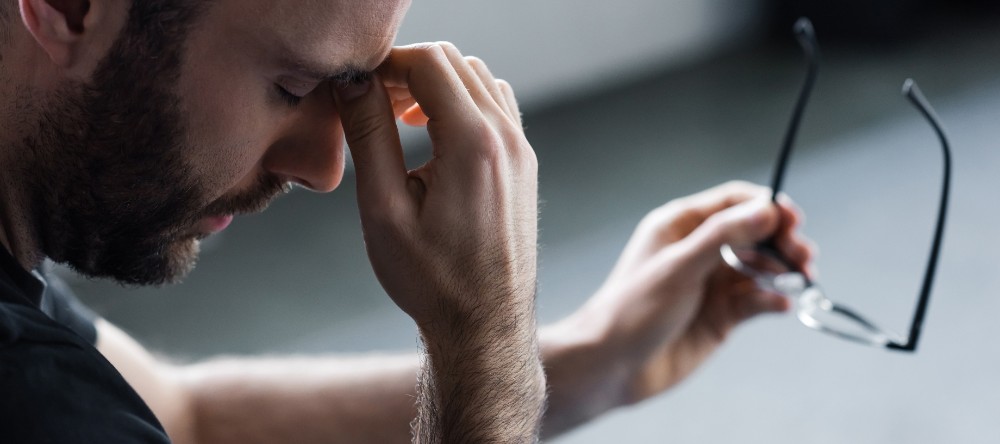You may have started drinking to get rid of your nerves and found that the effects of alcohol actually backfired after a while. Meaning that what used to work with alcohol began the onset symptoms of anxiety or making them much worse. Although you may have initially found instant gratification and an answer to make your anxiety subside, alcohol could cause more anxiety in the long run.
Alcohol is considered a natural antianxiety agent, an anxiolytic, which initially takes away anxiety with consumption. According to the National Center for Biotechnology Information, U.S. National Library of Medicine (NCBI), people who abuse alcohol are prone to having alcohol turn from being an anxiolytic into experiencing anxiogenic effects. An anxiogenic is classified as a panicogenic substance that causes anxiety when ingested.
I thought alcohol was a sedative or am I wrong?
While you are correct with how alcohol affects the body, once tolerance is built up, the destressing components in alcohol also decrease with their influence on curbing anxiety. Drinking in overabundance that causes you to blackout or pass out can also conceive fluctuations in the brain that can confuse the body. The result is often anxiety and panic attacks that can cause more harm than good from taking alcohol into the body.
Why I am encountering anxiety and panic attacks for the first time?
Even though you may have been drinking alcohol for a long time, your serotonin and dopamine neurotransmitters lessen their levels with continued alcohol use which increases anxiety. As tolerance and dependence increases, so can the symptoms of withdrawal from alcohol. You are more susceptible to a rise in anxiety and frequent panic attacks from aggravated withdrawal because of the imbalance of your homeostasis. Without the sedative effects that alcohol usually creates, the brain increases the activity in its basal level causing hyperactivity of the neuron connectors called circuits. From this extra activity that is merely being caused by the overuse of alcohol and the withdrawal from it, anxiety is produced to compensate.
Overall, the overabundance of alcohol can really be a factor with mental health issues including depression, addiction, and anxiety. The only real solution for anxiety is the cessation of alcohol and to get help to stop drinking altogether. You may find yourself anxious due to removing alcohol from your daily routine, but you have a better chance of lowering your anxiety in the long run. Chances are you will better care for yourself sober than when you are under the influence.
If you, or someone you know, suffer from addiction, Valiant Living offers a full range of recovery and mental health services to serve as the solution. Through evidence-based therapy options and the endless adventure of Colorado, Valiant fosters connection, encouraging clients to get connected to themselves, their peers, their families, and their higher power. Call us today to start your journey in recovery: 303-536-5463


